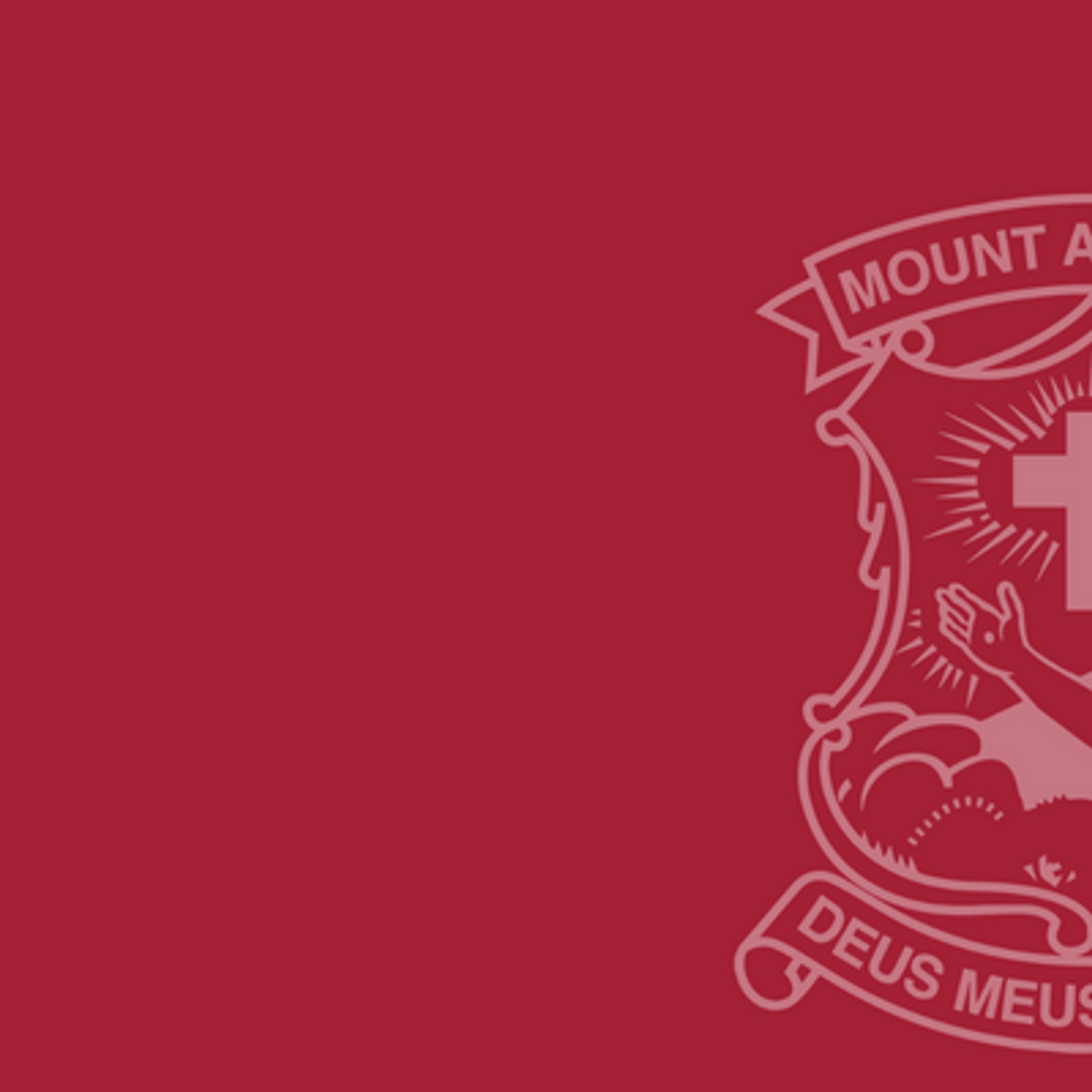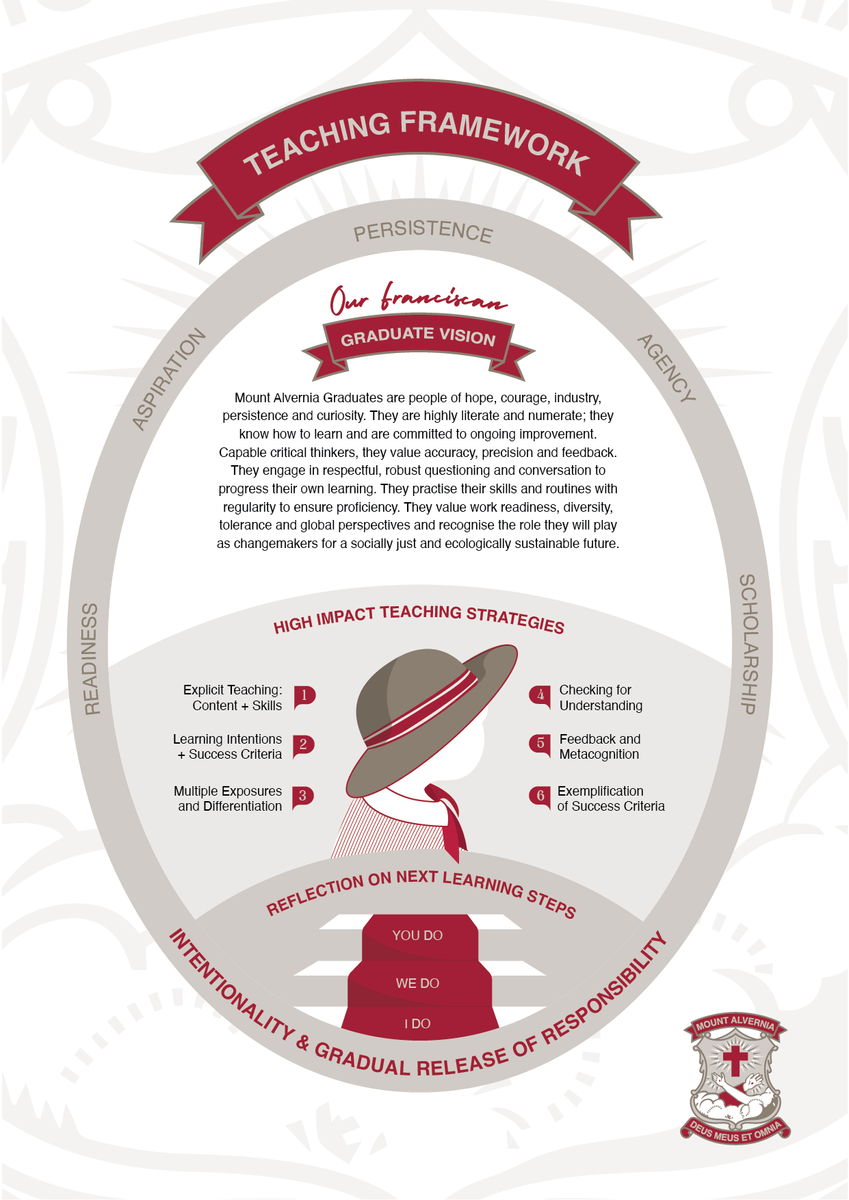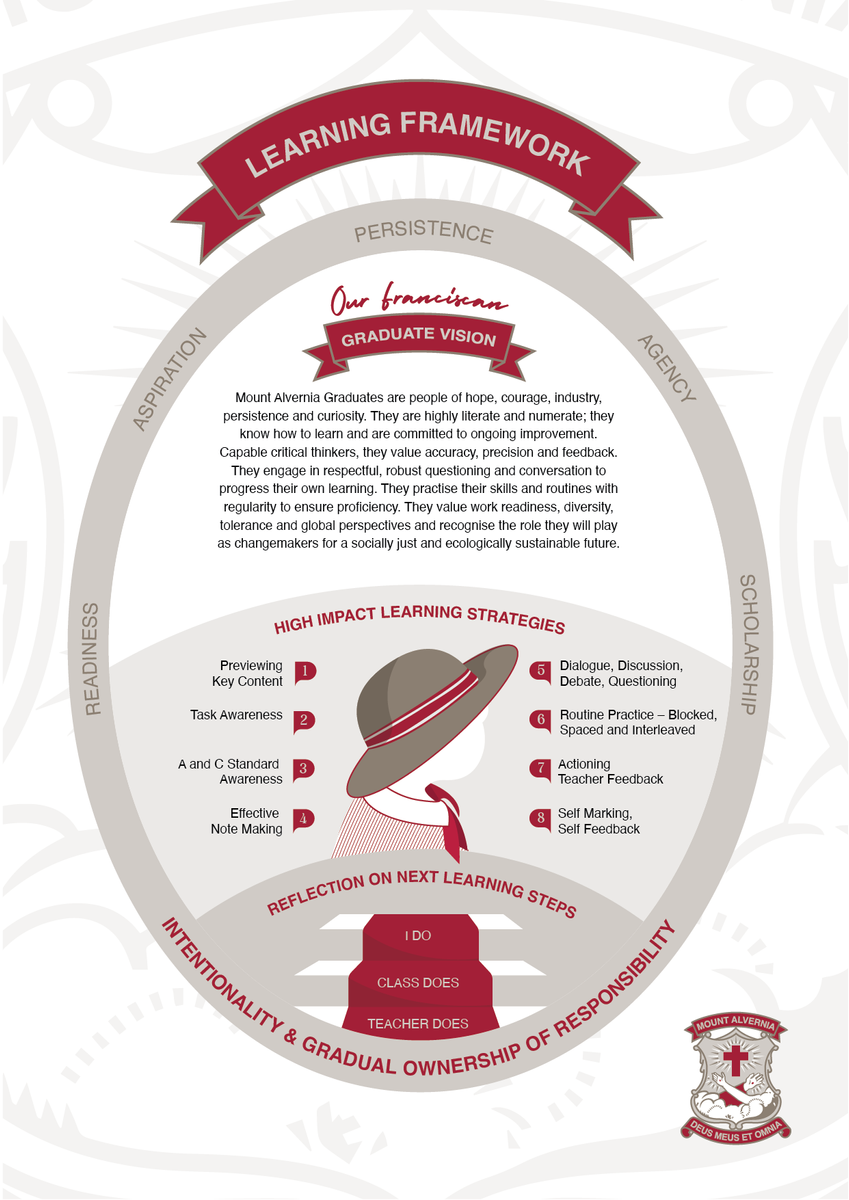Deputy Principal
Teaching & Learning

Deputy Principal
Teaching & Learning


There are a great many factors that influence the outcomes of students. Much research has been undertaken over the last decade to guide teacher practice to ensure high impact pedagogy. In some ways therefore, teaching is a science and there exists ‘scientific’ evidence around impact.
While this is true, nothing in the world will convince me that teaching isn’t an act that ‘transcends’ science. In other words, a teacher can reflect across their lessons a series of high impacts strategies, but not be a ‘great’ teacher. Throughout 2022, the College wrestled with this question of what makes a great teacher, and how can we ensure a more coherent understanding of such, without undermining our unique Franciscan identity, or indeed, the unique and important relational ‘art’ of teaching and learning.
With that in mind, the College has resolved a new ‘Teaching Framework’ to guide the practice of each of our teaching staff. This framework does not seek to replace the subject specific pedagogies that sit alongside broader pedagogies of high impact. It does however, seek to be intentional and explicit about what we expect to see from each of our teacher practitioners.
Please see the Teaching Framework below, or click here to view.


Teaching and learning are symbiotic acts that are highly related, but not identical. The College has therefore also invested its efforts into answering the question: what do the most successful students do well in order to achieve the best outcomes? Understanding that not all strategies will work equally well for all students, and that learning is both a science and an art, the College has developed a learning framework that encapsulates the following:
Please see the Learning Framework below, or click here to view.


The Teaching and Learning Frameworks are more than just documents which clarify the College’s approach to what we do and how we do it. They are foundational documents that guide our structures, conversations, professional development of staff, agendas, appraisals and ongoing work with students. It is our sincere hope that the publication of these core ‘frameworks’ for teaching and learning will enable a better quality of partnership between home and school so that all stakeholders see and understand the graduate vision and the steps we are taking to action it.
Parents as Partners and Responding Appropriately to Teacher Feedback
At Mount Alvernia we recognise the value of parent investment in student outcomes and learning. Our continuous reporting cycle and academic communication policy, is intended to assist parents to engage in conversations with students and teachers about student learning and outcomes. When your child receives feedback, how you respond as a parent, will model how your child reacts, hears and prioritises their next learning steps.
While we recognise that it may be appropriate to clarify feedback, we would encourage parents to do so in a way that is respectful and constructive to partnership. At the end of last term, some teachers received communications from parents that were damaging to partnership.
Examples of inappropriate behaviours included:
These sorts of behaviours do not represent the majority of our parents by any means, but they have become a little more frequent of late.
Teaching is an all-encompassing profession. Many of our teachers invest emotionally in our students and give their all to ensure they do their very best. When your children don’t get the grade they are seeking, this can also be disheartening to teachers as well as to students and parents. Importantly, however, set backs are part of life.
What is important is how we respond to those set backs. There is often tremendous learning that can come. Respectfully, we would ask all parents and carers to be sure that they have taken sufficient time to process teacher feedback before they immediately respond. Further, we would ask all parents and carers to ensure that any response, is respectful of the professionalism of staff as well as their personhood.
We thank you in advance for continuing to work with us, understanding the importance of partnership in ensuring the best possible outcomes for students.
Peace and all good,
Kath Little
Deputy Principal - Teaching & Learning